Eating Local VS Global: Ending This Useless Food Debate!
Now and then, when we scroll through our social media platforms, one of the most common questions that we receive from our YouCare community over and over again is this — “Luke, should we eat only local food? Or should we explore global food too?” We have spoken about this before but today, we want to end this useless yet longstanding debate once and for all.
There are mixed reviews about whether one should eat just local food or include other foods that may not be local to where they live. Let us address the first half of this question.
Why should you eat local food?
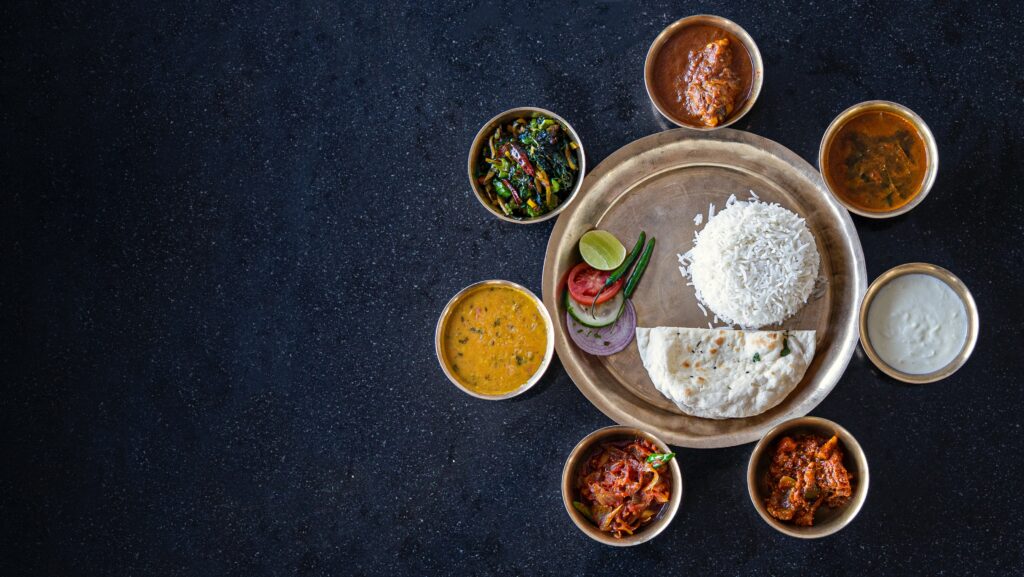 Eating local food is important. Photo Courtesy: Unsplash
Eating local food is important. Photo Courtesy: Unsplash
Yes, local food is excellent. It is beneficial to our health, helps us support our farmers and the yield of our soil. In a country as diverse as ours, eating locally is important. Different foods grown in different climates suit our body temperature, skin, hair, genes, and immune system.
But my message to you today is to stop putting yourself into a box of only local food. Why? What if you have a disease or health condition that is not local? Cancer is not a local disease, nor is cardiovascular disease, Alzheimer’s, or Parkinson’s. So if you benefit from foods that may not be local to you but help manage your condition why would you not eat them?
When you put yourself into a rigid box and place yourself on extremes, these choices unconsciously become your identity. It forces you to defend and fight for it. In this process, you miss out on the simple beautiful gifts of nature that may grow in different countries but are now available in your own country. If any food benefits you — be it local or global — why would you push it away? My whole point is: Yes, eating locally is important. But it is not everything.
Why should you eat global food?
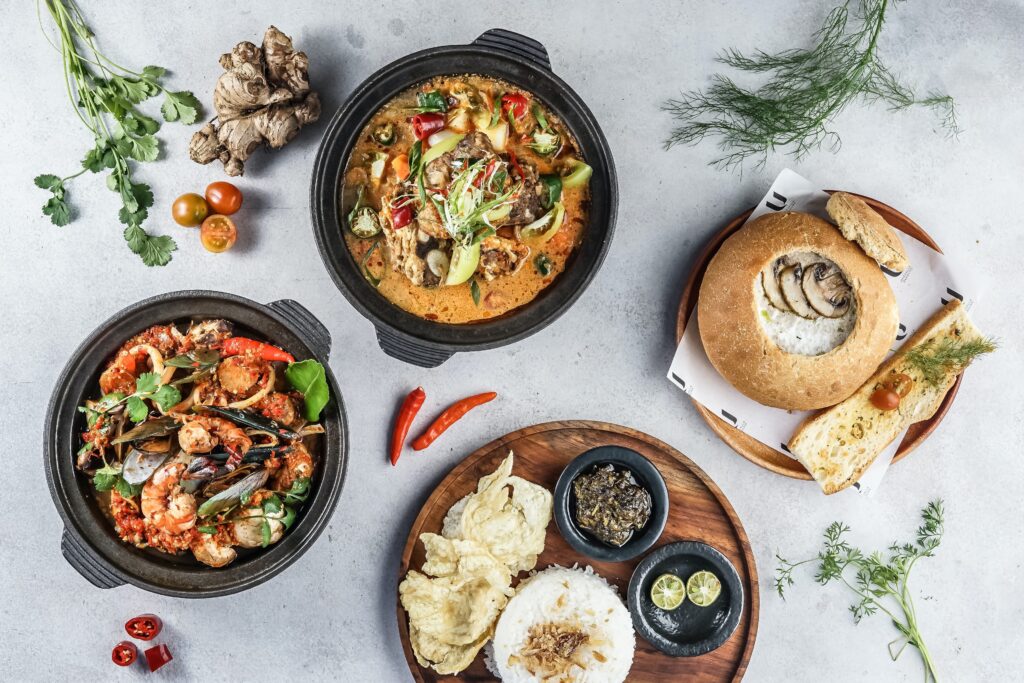 Exploring global cuisine. Photo Courtesy: Unsplash
Exploring global cuisine. Photo Courtesy: Unsplash
This brings me to the second half of your question about global foods.
Let me illustrate this for you. Kiwis are medically documented to help you with DNA repair. If you are going through chemotherapy or radiation and your doctor says kiwis are good for you, what will you do? Are you still going to put yourself into a box and say, ‘Oh no! I won’t eat a kiwi because it is not local?’ It’s time for you to get out of the box.
People today are fighting to defend veganism, non-vegetarian, gluten-free, dairy-free, and other dietary preferences. My stand on this is: Whatever works for you or is in line with your religious beliefs, embrace it peacefully and live the way you want. But stop fighting with people and trying to defend the extremes that you have chosen.
I will also let you in on all the data that we have over 9,000+ hours of consulting. We have sick and cancerous vegans, non-vegetarians, eggetarians, gluten-free diet followers, pescetarians, and others across dietary spectrums. What does that tell you? Yes, nutrition is important. But we need to stop fighting over superficial things and think beyond them.
Asking the bigger questions
Let me ask you the big questions now. While you fight to embrace your path, are you looking at your emotions? Are you analyzing your anger? Are you decoding your guilt, insecurities, past traumatic events, and your lack of will to forgive? Are you looking at overtraining under-recovery? Are you paying attention to your sleep deprivation? Why don’t you start talking and fighting about these things which are far more important in the prevention, recovery, and cure of most diseases? Embracing local foods is super important. But if there are scientifically and medically recorded global foods that can help you with your medical conditions, be open to them, too.
You have a choice. Despite all of this, if you still don’t want to do it, no one’s forcing you. But remember, getting angry and aggressive while defending your path only reflects your poor emotional health more than anything else.
What science tells us
Another important reason why I am discussing this debate is this. As integrative and lifestyle medicine practitioners, we are constantly researching food, science, medicine, pharmaceuticals, and disease. We look at everything that is in the best interests of the patient.
For instance, some interesting research came out recently about green tea, which again is not local. A study revealed that we all have what is called the p53 protein. This has been medically and scientifically termed as an anti-cancer protein. It can help us repair DNA at a cellular level and create cell apoptosis (identify and destroy cancerous cells). Today, we have solid medical, pharmaceutical, and scientific research to back that EGCG (Epigallocatechin gallate), a powerful antioxidant in green tea, can boost the amount of p53 or anti-cancer protein in our bodies.
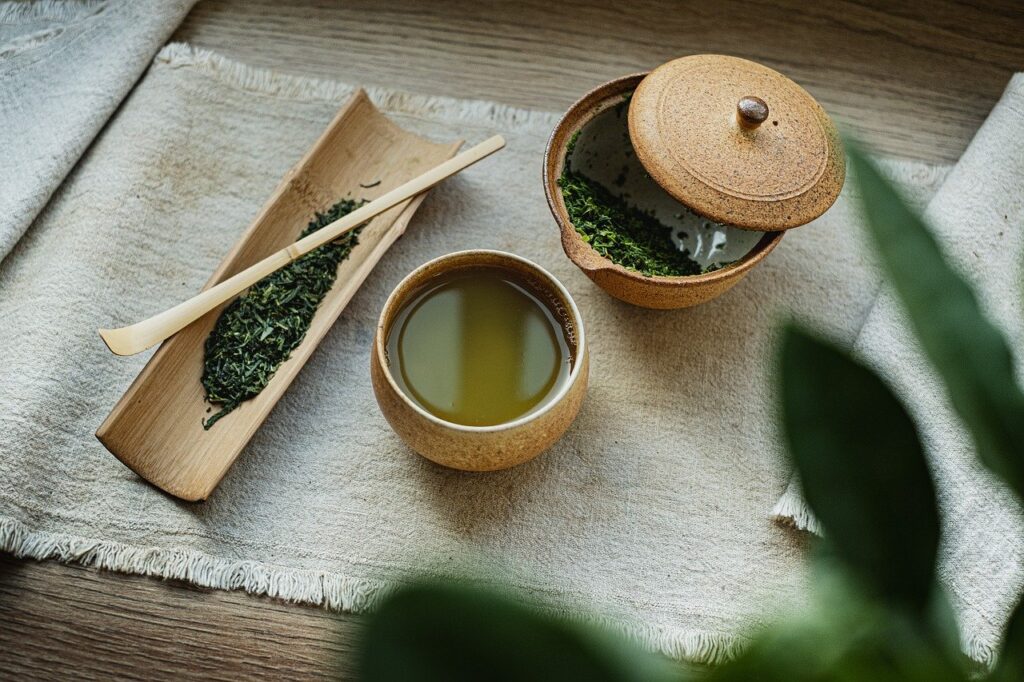 Did you know a powerful antioxidant in green tea EGCG can boost the amount of anti-cancer protein in our bodies? Photo Courtesy: Pixabay
Did you know a powerful antioxidant in green tea EGCG can boost the amount of anti-cancer protein in our bodies? Photo Courtesy: Pixabay
Now, why would you not want to consume green tea when you, like most people across the globe, live in locations where pollution is at its highest? Where most of the food you consume is doused in pesticides? Where your stress levels are high and sleep deprivation is a real problem? All of these factors contribute to the perfect environment that cancer cells need to thrive.
The truth is both you and I have cancer cells in us. For instance, if I have a cancer cell that decides to start behaving abnormally, my DNA needs to be smart to take action. It needs to send a signal to that cancerous cell to self-destruct in a process called cell apoptosis because it is infected and has become a rogue cell. But what happens when your DNA can no longer do this because it is corrupted like a computer program? More than 50% of cancers involve a missing or damaged p53 gene. It means that your body can no longer defend you. How will your argument of local help you if you are sick or you need antioxidants from medically and scientifically recorded global foods? Building a false identity of being strict and putting yourself into a box is nothing but your ego and pride. You are depriving yourself of simple foods that could help you.
Did you also know pharmaceuticals are now studying green tea to see how they can mimic EGCG in their cancer drug research? Think about this. Are you going to start asking your doctor every time they give you medicine, ‘Are the ingredients in it local or international?’ No, right? You will take your medicine quietly. Understand that even chemical pharmaceutical drugs have a certain percentage of natural herbs, extracts from plants, and leaves.
It is a different discussion if you don’t like green tea. If it doesn’t suit you, no one is forcing you to drink it. There are also several green and black tea enthusiasts who debate about which tea is better. It is a useless debate too because both are equally good for very different reasons and health aspects. Why argue when you can have green tea today and black tea tomorrow? Bring diversity to your diet.
The big learning
Coming back to what I am trying to convey: When your disease is global, you need to open your eyes and mind to global foods too. It is okay if you want to ensure that your diet is 100% local. But if you need global foods that can help you with your health condition, be open to them too. No one is stopping you from eating locally, so stop fighting about it. The whole world today is global in a way. We can get anything we need from any corner of the globe at the simple click of a button.
On the other hand, if you are in India and insist on making your diet 100% international — that is stupidity. Why? Because you need to eat local foods that suit your body temperature and connect with the geography and climate you live in for good health.
Understand that nature is diverse. And because your disease is multifactorial, it needs a multifactorial approach. There are so many mechanisms today to manage diseases. But trying to be rigid in them will not get you the results you are looking for. Even your gut needs diversity today. It requires different colonies of bacterias in your microbiome to work for you. This is another reason why I always insist on adopting a rainbow plate and having diverse colors and nutrients in your meals.
If you are paranoid about eating global foods — remember, eating a few foods which are not local for you won’t make you sick. Of course, if it is junk and processed, you don’t need me to explain the repercussions. But my point is any food that you include in your meals, be it local or global, do it the right way. Stop listening and following what society wants you to do. You do YOU.
Being grateful for diversity in foods
We should be grateful for foods that never existed in our country but now are available in the same way that people abroad are grateful about Indian foods being available there.
Why should we fight to hold onto our identities to prove which food is the best? There is a lot of scientific research today about different foods having therapeutic benefits for the human body because the germs that we breed in are not local anymore. COVID is the perfect example of this. We may not know where it came from, but it is a global pandemic today.
So, let us love our local foods but also be open to eating global foods if they help us and have science to back them up. Until next time, eat smart, move more, sleep right, breathe deep. Remember, You Care is all about YOU.
WATCH: Eating Local Or Global? Putting An End To This Useless Food Debate!
|
From a pimple to cancer, our You Care Wellness Program helps you find a way Talk to our integrative team of experts today 18001020253 |

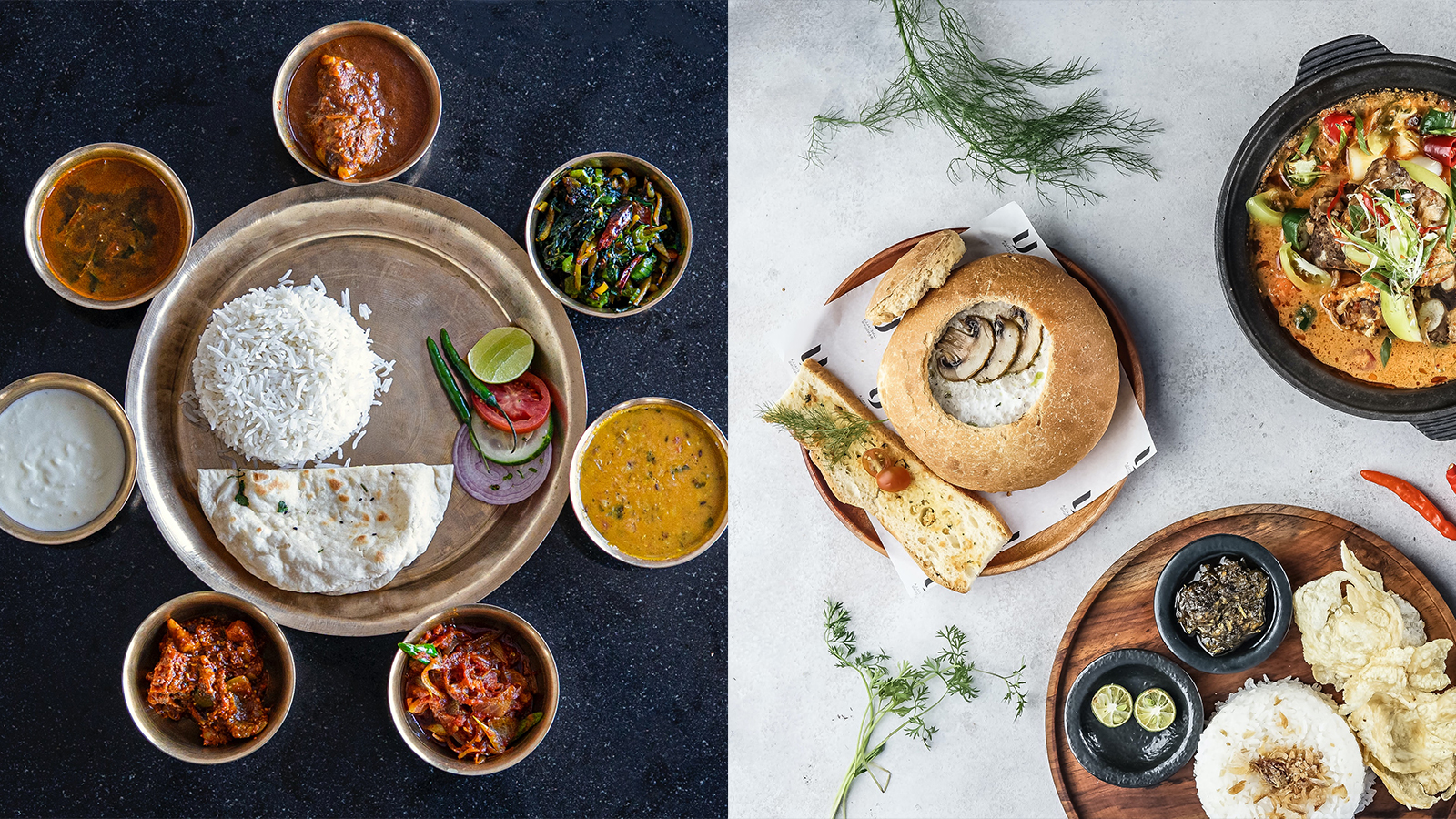


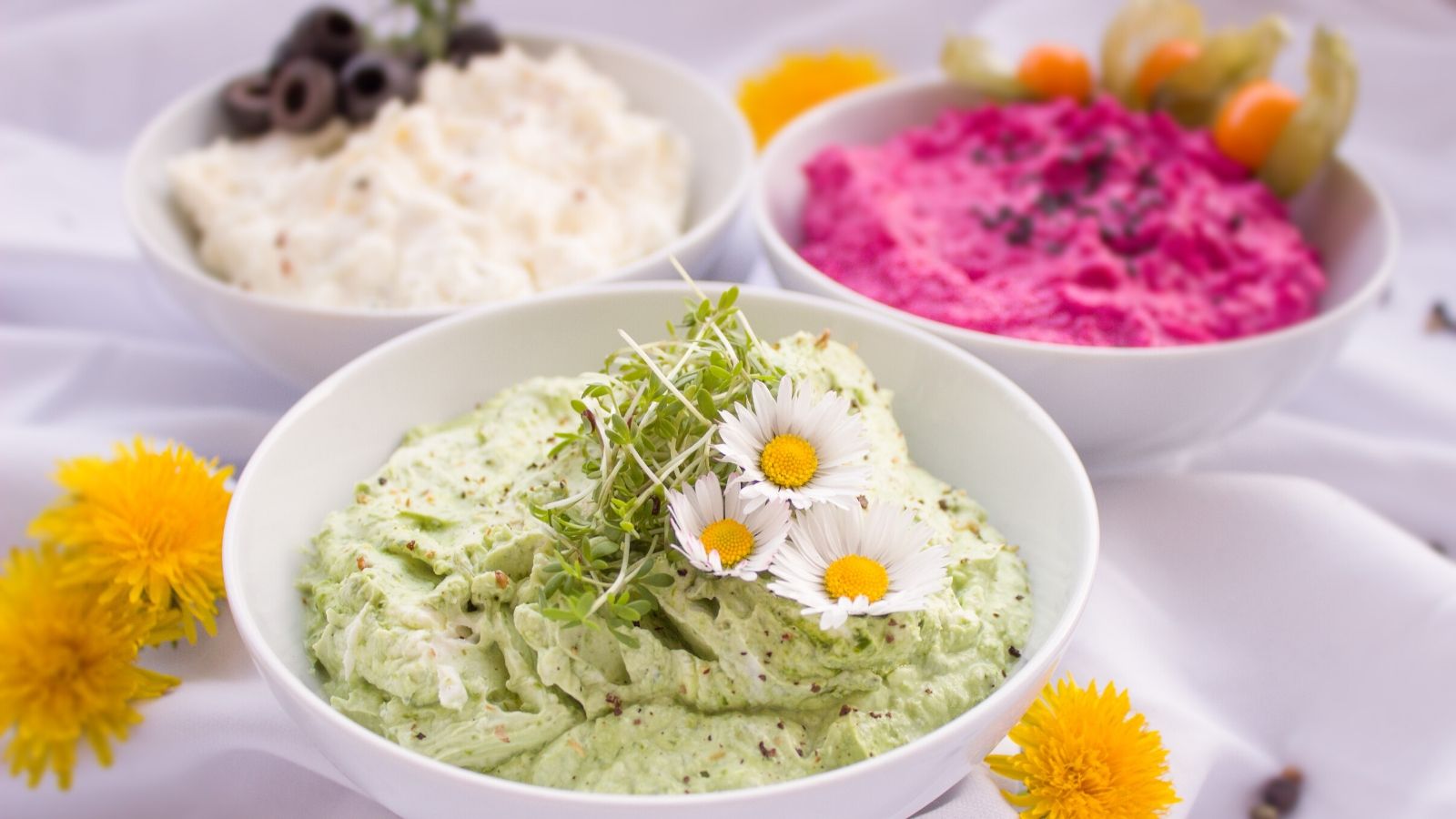
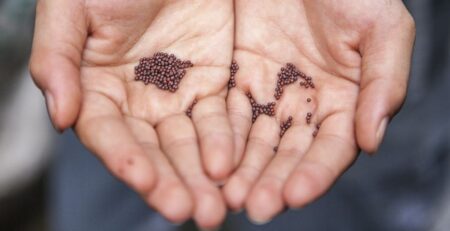

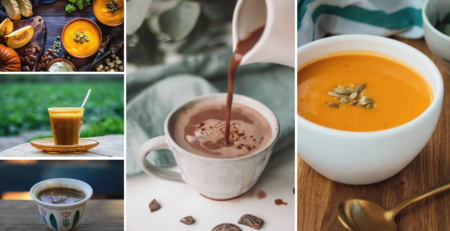
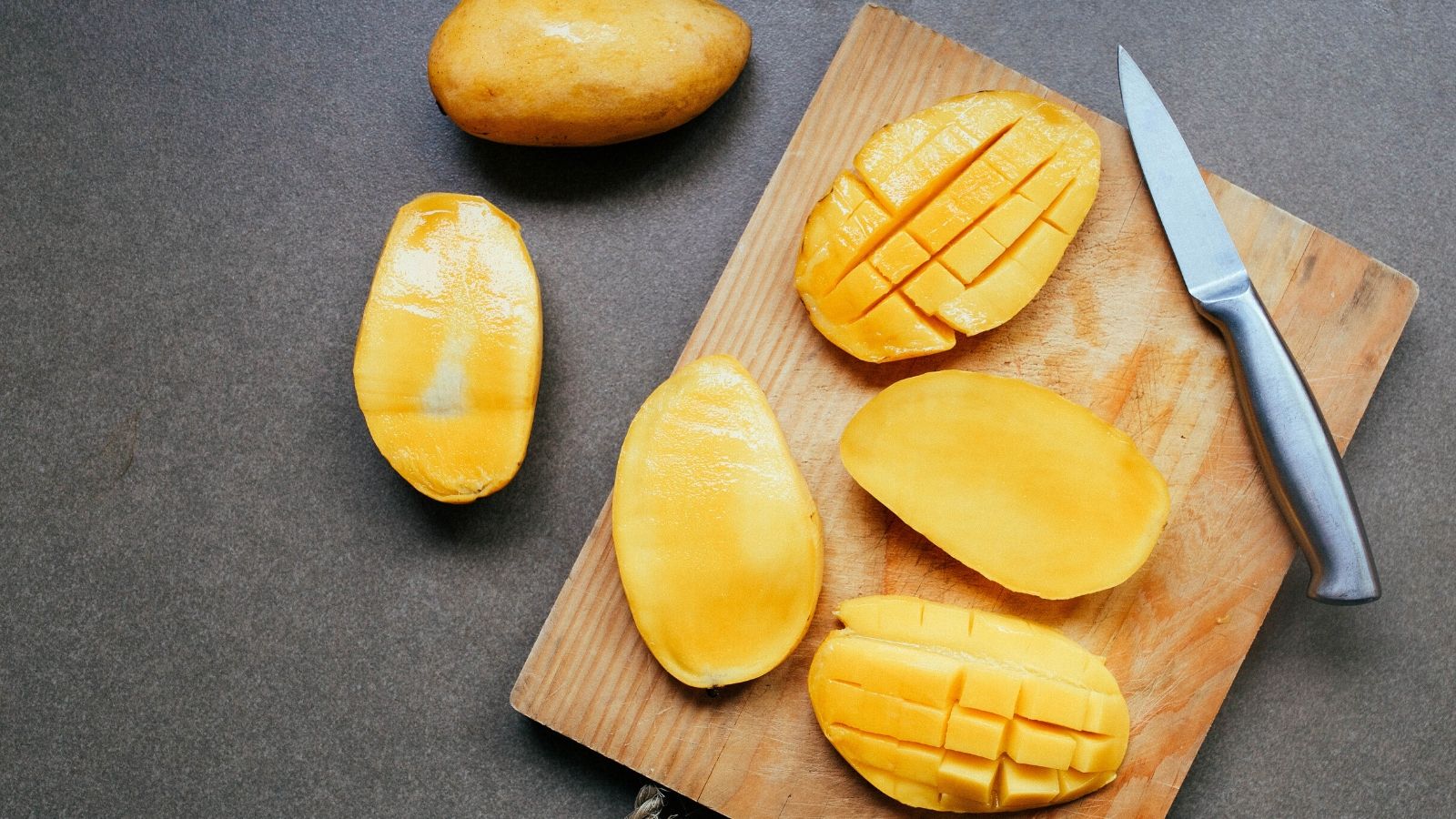
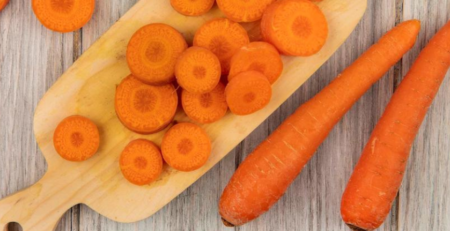
Leave a Reply